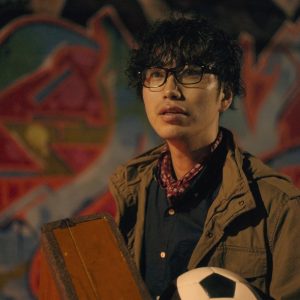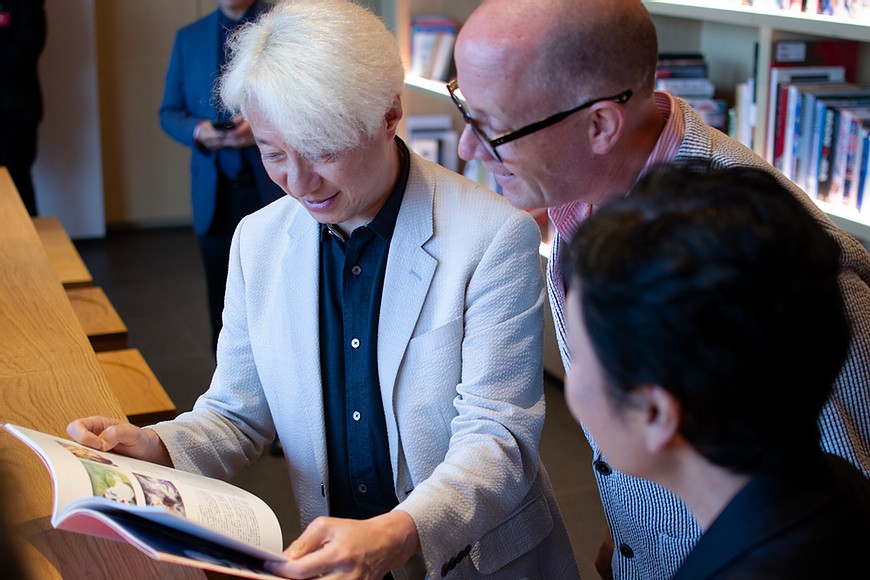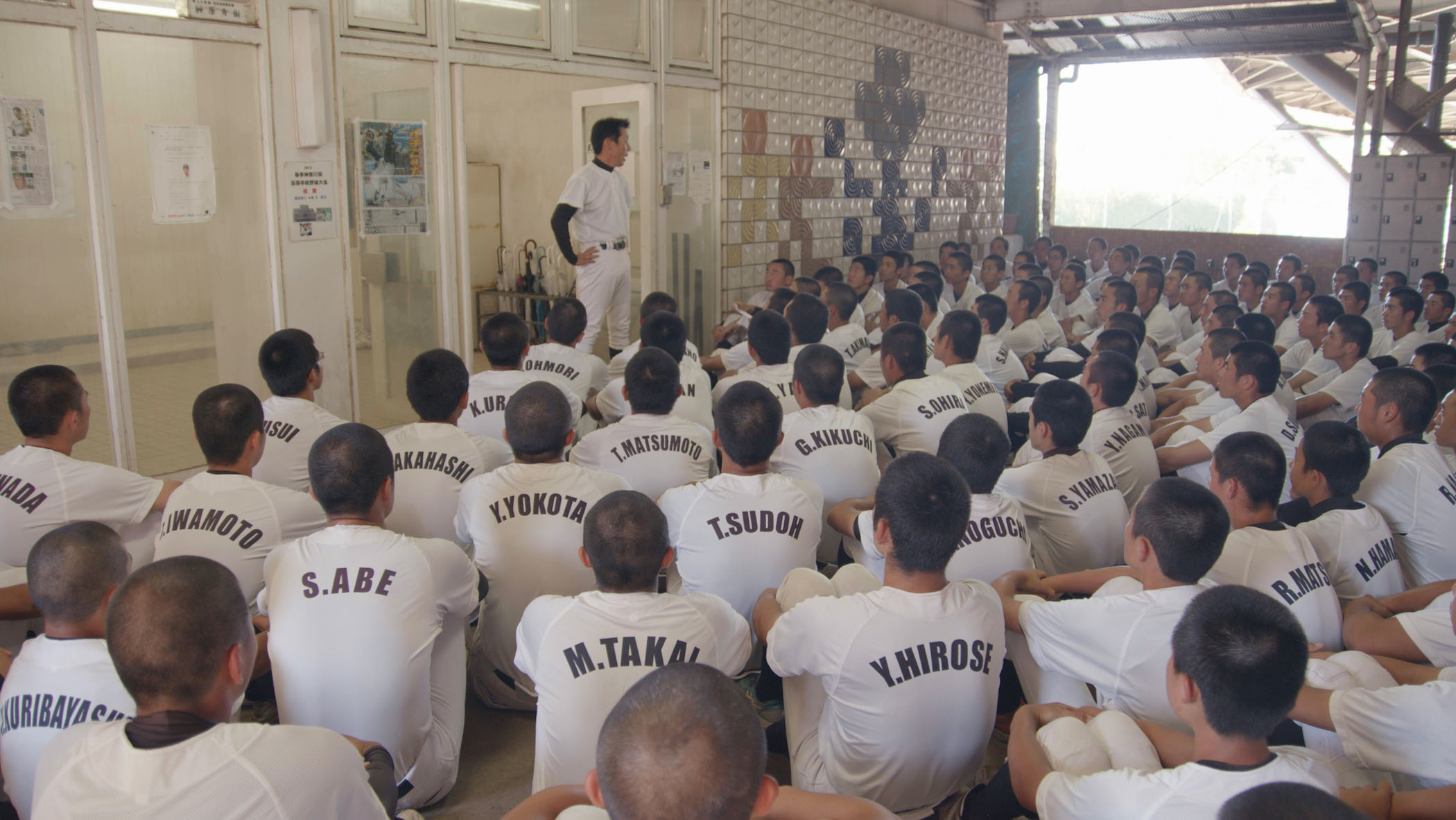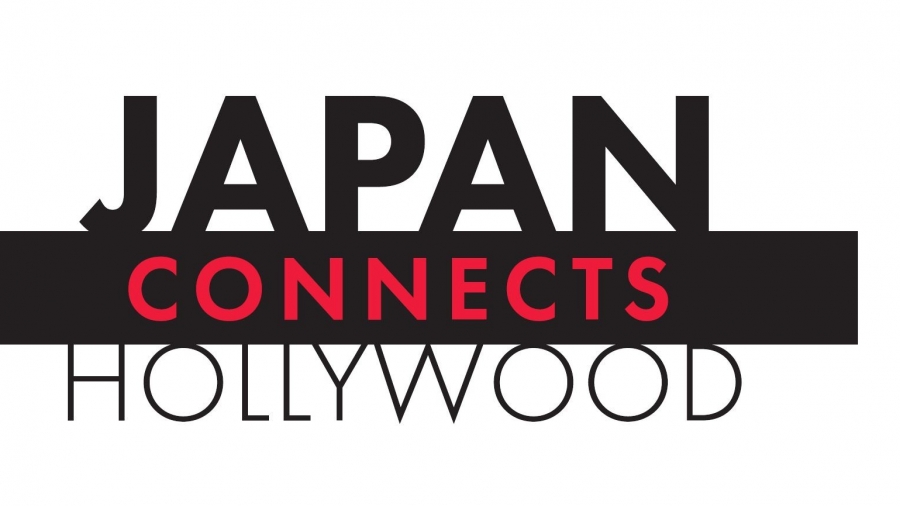 This past weekend, Japan Connects Hollywood hosted its second annual film festival online. Film Fest Magazine writer Precious Ringor caught up with Executive Director Doug Montgomery to learn more about the festival, its origin and goals for the future.
This past weekend, Japan Connects Hollywood hosted its second annual film festival online. Film Fest Magazine writer Precious Ringor caught up with Executive Director Doug Montgomery to learn more about the festival, its origin and goals for the future.
What’s the story behind your festival’s origin?
The festival is presented by the Japan American Society, an organization dedicated to building bridges between America and Japan; it’s been operating in Los Angeles for more than a century. We’ve done many different activities like student exchange, Japanese language studies, and hosting business speakers. However, what’s changing about the Japanese industry in Los Angeles is that we’re losing the automotive industry, one of the traditional supporters of our society. A little under two years ago, I became chair of the organization and because of various market conditions, we decided to make a strategic shift. Since I work for Warner Brothers, it was an easy move into entertainment and in 2019 we started our first film festival.
How do you define the mission of your organization?
Our mission is to form a bridge between the two countries – the United States and Japan. We want Americans to form connections with Japan and vice versa. When we started the festival, we focused on that two-way bridge. In my opinion, most foreign film festivals are one-way, not really bringing Hollywood to another country. We created our festival to equal both sides’ influence and make it mutually beneficial and that’s something unique about our festival.
How did you come to be a part of the organization?
I’m from Canada originally, but I lived half of my life in Japan. My wife and son are also Japanese. When my family and I moved to Los Angeles in 2009, we were interested in staying connected to the country in some way. Fortunately, we found the Japanese American Society.
One interesting thing to note is that there were no big, Japanese film festivals in Los Angeles done by the society. Whereas our sister organization in New York has done one for fifteen years. It always kind of shocked me that the organization wasn’t involved in the industry because entertainment in California is arguably the most influential in the United States. So when I became chair, that’s something I wanted to change.
What’s the selection process like for the festival?
With COVID it’s a bit atypical this year but in general, we show two kinds of films. One would be “invitation” and the other is “submission.” Invitation includes blockbusters; it’s when we ask big Japanese distributors like Toho and Shochiku for their movies. The other one is through submissions; we go through film freeway and have filmmakers submit.

Still shot from Trumpet.
We also have a broad definition of what would be relevant to us. Basically, it’s any film that has some kind of significant Japanese flavor. For example, last year’s opening movie was Bento Harassment (2019). The film is about the relationship between a single mother and her daughter who talk through messages left on top of a ‘bento’ or lunchbox. Although they don’t talk at home, when the daughter opens up the bento box there’s a message saying, “Hey, it’s Mom. I love you.” The movie says a lot about Japanese culture. On the other hand, we have a submission this year which won our short category called Trumpet (2020). The film is about a Japanese Jazz musician who plays the trumpet in New York. Although the star of the film is Japanese, a lot of the other aspects to it are not from Japan, like the director being Swiss.
We have a broad definition because we don’t want to be exclusive to Japanese people. Again, our job is to build a bridge that goes both ways.
Do you have any year-round events or programs outside of the film festival?
The idea is to have two to three events during the year. For example, last year as a kick-off event the Japan society in New York invited a Japanese director named Macoto Tezuka to their film festival. Macoto is the son of Osama Tezuka, the creator of Astro Boy. As we’re all aware, the anime business around the world is big, billions of dollars. Since Astro boy is recognized as the first Japanese anime to go overseas, Tezuka really created the industry and formed that bridge. When we found out that his son was going to New York in July, we put an event at Japan House where we did a screening of the Astro Boy series with a panel discussion of him and Charles Solomon from L.A. Times.

From last year’s screening of The Birth of Astro Boy.
This year, we had lots of plans that didn’t happen because of COVID, but we did sneak out an event in the beginning of the year. We sponsored and co-presented the world premiere of the film Stolen (2020) in Little Tokyo at the Japanese American National Museum.
Any future events we can look forward to?
Yes. 2020 is Toshiro Mifune’s 100th birthday and we had a whole bunch of plans to honor it this year. Just like the Tokyo Olympics, however, we’re celebrating it in 2021. We’ve already had some discussions and two or three events we’re going to do around Mifune next year. In addition, one of our other sponsors is Anaheim University’s Akira Kurosawa’s School of Film. As it happens, it’s his 110th birthday next year, so we’ll do some events focused around these titans of Japanese cinema.
What’s different about this year’s festival, besides moving it online?
Like everybody, we’ve had our eye on COVID since March and it wasn’t until July that we realized it’s not going to happen live. Our planning process for this year’s festival actually started with thinking about what we didn’t want to do. A lot of film festivals are virtually showing movies and conducting panel discussions with the director(s) after, but we wanted to make it interactive so that viewers feel like they’re involved. We decided to scale down the movies and increase the events. Personally, I think with live film festivals, the most exciting thing is the networking, parties, and the red carpet.
We had three unique events this year. For opening night, [we did] “Who’s Got Talent” instead of a film; the event is basically an online talent show. Similar to America or Britain’s got talent, people are competing in various acts and we also had some judges. Our winner was announced live and it’s cool because we engaged fans from different areas in the world at the same time. The second one was sort of a similar theme. As you know, the TCL Chinese Theatre is very busy in the month of October and it’s a popular time for film festivals. The one weekend it’s not busy is Halloween. That being said, a lot of festivals avoid Halloween and we thought of [using] that to our advantage. We picked up a Japanese Horror movie this year called Stare. [Horror] is a really strong genre for Japan like Ringu, The Grudge, etc. Also, because we’re trying to make things interactive, we [held] a Halloween dress-up/makeup contest in partnership with the Stan Winston School. Prizes for winners [included] one-year access to classes which is great because graduates from the school have won twelve academy awards over the years. The third event is a Masterclass on video editing. Since we’re all doing Zoom nowadays and we’re sitting home, we thought this would be a fun way for people to interact through the chat feature and learn a few tricks about video editing at the same time. In addition, the short Trumpet will be reviewed with a Hollywood eye.

Still shot from the documentary Koshien: Japan’s Field of Dreams.
Is there anything you were personally excited about in the festival?
We have our Sports Entertainment Panel where we discuss a baseball documentary called Koshien: Japan’s Field of Dreams. It basically tells the story of how Japanese baseball players first came to United States back in the 90s. This baseball agent named Don Nomura found a loophole in the Japanese baseball contract that allowed Hideo Nomo to leave Japan to play for the Dodgers. Since then, his success paved the way for people like Shohei Ohtani and Kenta Maeda.
The point of the panel is not just to talk about the documentary, but to also understand the lasting impacts of these talents coming from Koshien. We’re trying to dig a little bit deeper in the stories, behind the stories.
Follow @japanconnectshollywood or @jassocal for updates about their events!

